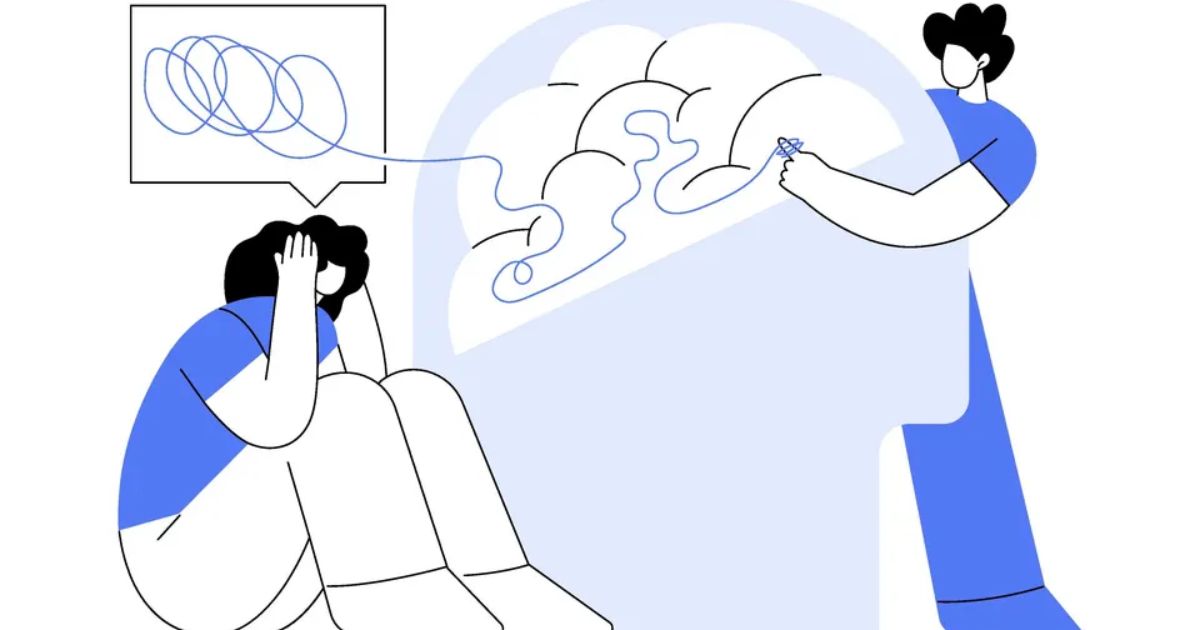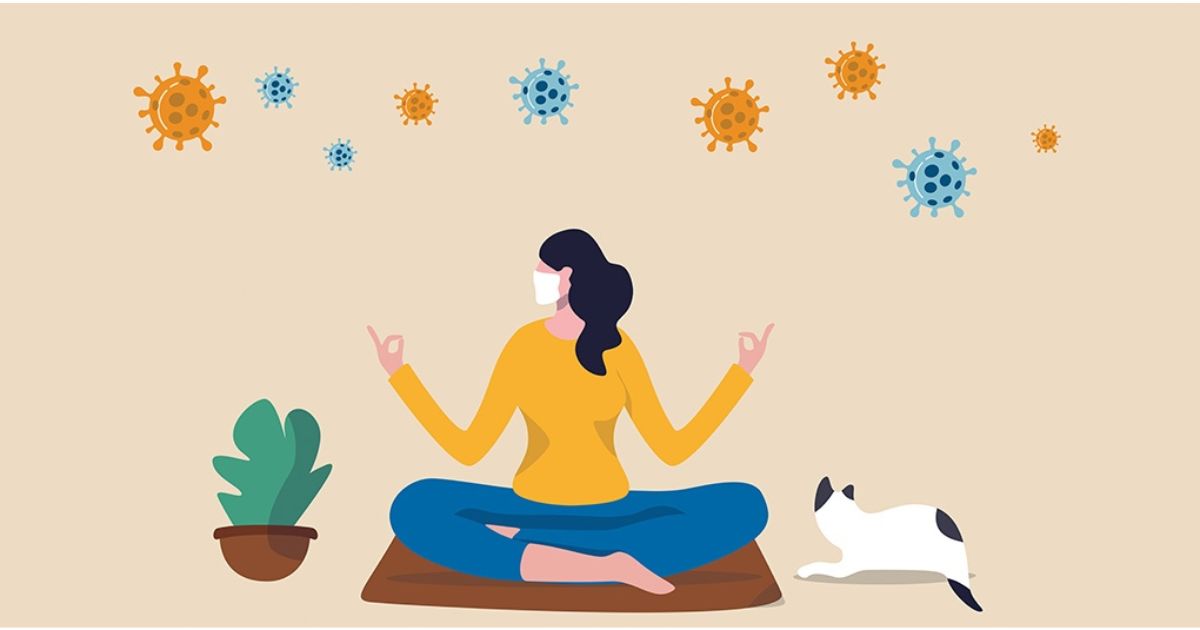In the world of mental health, there is an increasing awareness that mental well-being is an integral part of overall health. The World Health Organization (WHO) consistently emphasizes that there can be no health without mental health. This important fact becomes particularly clear when we think about vulnerable groups facing tough problems, like mental health within Indian prisons.
As of a decade ago, India’s prisons held over 400,000 individuals, each grappling with a unique set of circumstances influenced by the duration of their imprisonment, the type of prison facilities, staff behavior, and the quality of training received. Unfortunately, many of these prisoners face poor mental health due to a confluence of factors.
The deplorable conditions of mental health within Indian prisons exacerbate the risk of poor mental health among inmates. Overcrowding, restricted privacy, limited mobility, lack of basic amenities, human rights violations, sleep disturbances, and limited access to healthcare facilities contribute to the mental health crisis.
In a system already fraught with challenges, these issues add an extra layer of distress for the incarcerated.
Inside the prison walls, individuals often encounter stigma, discrimination, and abuse, which further exacerbate their mental health struggles. The pervasive stigma surrounding mental health issues, coupled with the limited sensitivity and monitoring of such problems within the prison environment, compounds the inmates’ suffering.
Mental Health Within Indian Prisons
A study published in the Indian Journal of Social Psychiatry in 2018 shed light on the prevalence of mental health disorders among Indian inmates. The study revealed that schizophrenia was the most common mental illness among prisoners, closely followed by depression, post-traumatic stress disorder (PTSD), and sleep disturbances.
Substance abuse, including cannabis, alcohol, and tobacco addiction, was also alarmingly high. Additionally, cases of suicide and self-harm behaviors were distressingly common.
One stark reality is the glaring inequity in access to mental health care within the prison system. With numerous competing priorities, mental health often takes a backseat in terms of funding and service provisions.
The situation is further complicated by the varying mental health needs of inmates, depending on factors such as the length of their sentences, the nature of their convictions, and their mental health history.
Inmates serving life sentences or those convicted of violent crimes face unique challenges. Trauma reactions like post-traumatic stress disorder, adjustment disorders, panic disorder, and long-term depression are more prevalent among this demographic.
These individuals grapple with a complex web of emotional and psychological difficulties, which are often exacerbated by the conditions of their confinement.
The Prison Statistics India 2019 data reveals a grim reality. Approximately 1.5 percent of the total prison population in India is believed to suffer from mental illnesses. Alarmingly, half of these individuals are undertrial prisoners, awaiting their day in court.
Adding to the crisis is the severe shortage of correctional staff, including mental health professionals, within Indian prisons. The lack of trained personnel to address the mental health needs of inmates further compounds the issue.
In conclusion, the mental health challenges faced by inmates within the Indian prison system are significant and multifaceted. The harsh conditions, inadequate facilities, stigma, and discrimination only exacerbate the already precarious situation.
Addressing these challenges necessitates a comprehensive approach that includes improving living conditions, increasing access to mental health care, and sensitizing prison staff to the mental health needs of inmates.
Recognizing the humanity of those behind bars and providing the necessary support is essential in fostering better mental well-being within India’s prisons.




























